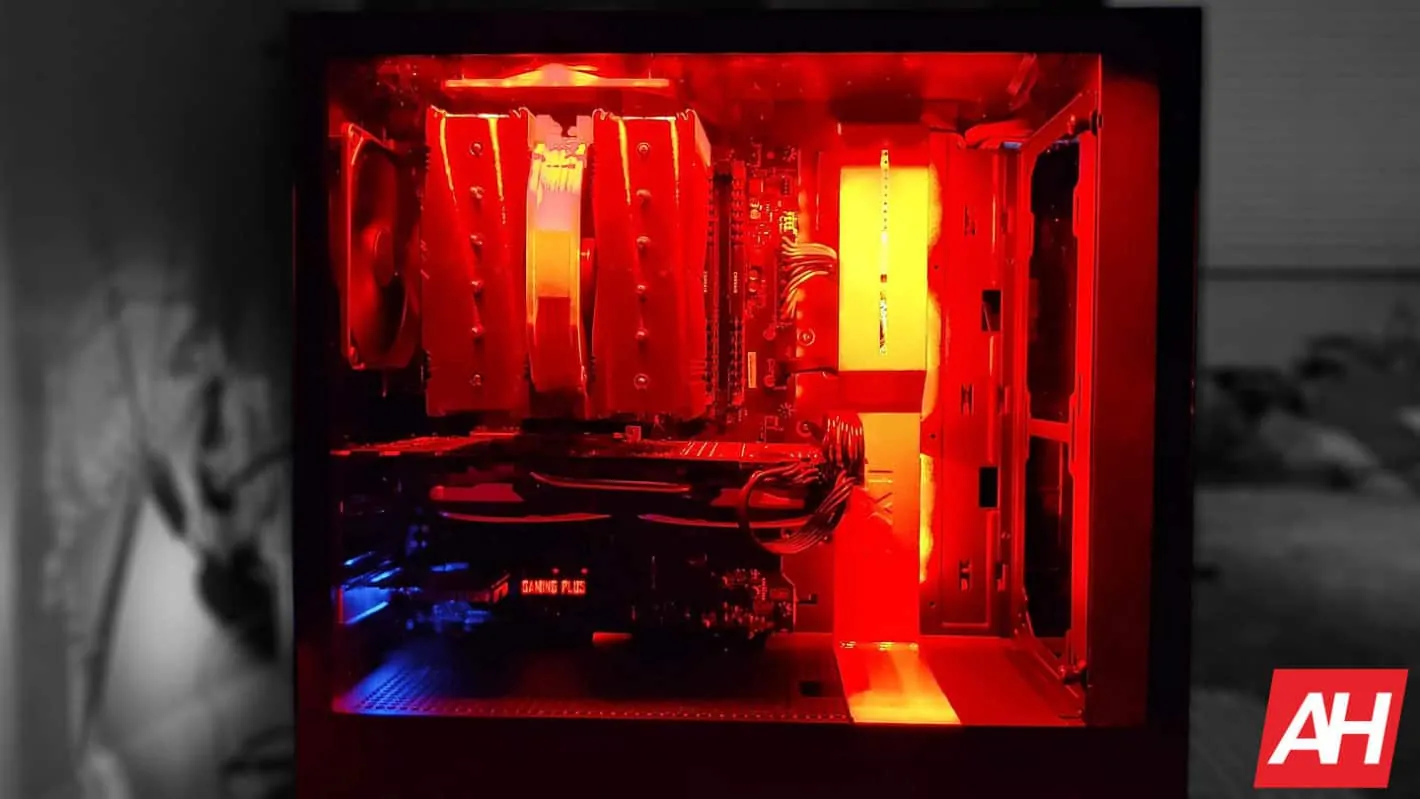AMD has been through a lot over the past decade or so. It went from the king of affordable chipsets to one that regularly was fighting the odds without much hope of delivering what customers really wanted from them. Ryzen has been the vehicle of change for the company though, and it has proven that AMD still has the chops to truly compete against Intel in every area.
The Ryzen 3000 series just launched, including the critically acclaimed Ryzen 5 3600 and Ryzen 7 3700, and for the first time in a long time we’re seeing AMD’s latest meet or even exceed Intel’s best performers at all price points.
There’s been a lot of confusion and lack of information regarding some issues with VR and AMD hardware in the past, so we’ve been reaching out to the appropriate parties to get clarification on any problems that might exist.
Last October when HTC launched the Vive Wireless Adapter, users with Ryzen-powered PCs quickly found out that the Intel-powered WiGig design behind this wireless solution didn’t play so nicely with AMD CPUs. Conspiracy theorists then went, understandably, wild about collusion between HTC and Intel on the design of the wireless accessory and the idea that AMD had been purposefully driven out for a little payola.
The reality isn’t known, but it’s likely due to a lack of proper testing on Ryzen equipment than something nefarious. HTC later addressed the issue in late April after several months of development and testing, fixing the issue for all chipsets going forward. As a result, folks looking to buy a Ryzen 3 CPU in the near future will most assuredly have the option of upgrading their current or future HTC Vive headsets with the official wireless solution from HTC.
We’ve spoken specifically with HTC Vive representatives on the matter and have been given full assurance of compatibility with AMD’s latest fantastic CPUs.
There have been other reports of issues, but most are few and far between and either will be fixed or have been fixed at this point in time. In one example, players of the game Pavlov, a tactical VR shooter in the same vein of Counter-Strike, had issues where the Team Radio wouldn’t work at all and they couldn’t hear other players. The bug ended up being a problem with the Unreal Engine and was fixed in an engine update in Pavlov version 4.21.
The latest VR headsets are all more process-intensive than previous generations, owing to the fact that all of them are higher resolution than previous generations of headsets. Some of them are pushing higher refresh rates than previous generations, too. The Valve Index, for instance, defaults to a 120Hz refresh rate and can be pushed as high as 144Hz, if desired.
The need for more processing power couldn’t be more obvious, especially since VR experiences are so dependent on not only high performance, but consistent performance. Benchmarks and real-world performance coming in from Ryzen 3000 series reviews show that AMD’s minimum framerates are better, in many cases, than the comparable Intel model and often account for the feeling of “real smoothness” in a game.
Either way, if you choose Intel or AMD for your next build, it’s nice to have a choice as a PC gamer, and it’s excellent to see some true competition at every price point from the two biggest x86 vendors in the world.

